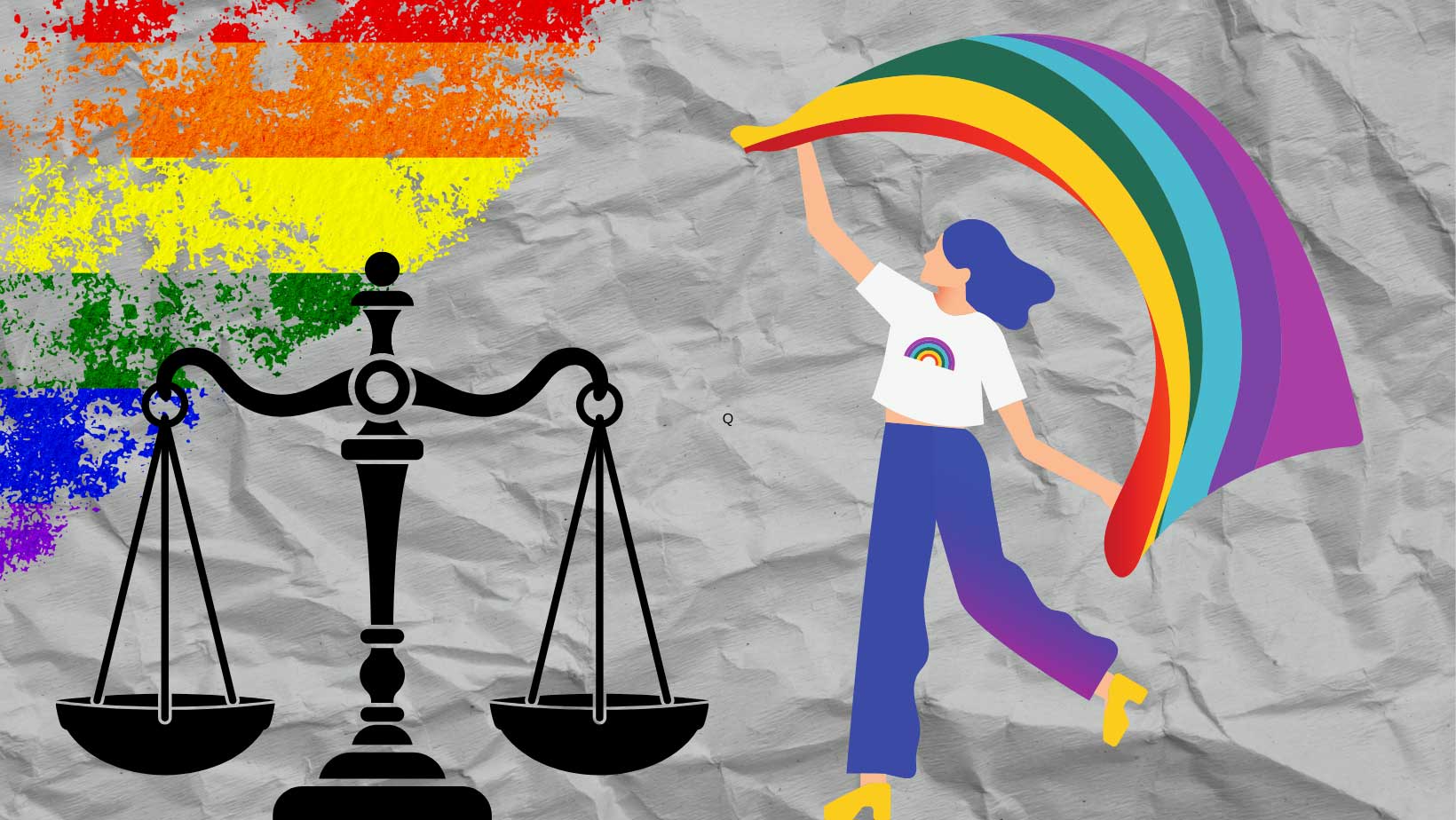October 19, 2023
Landmark Ruling: Supreme Court Takes Strides Towards LGBTQ+ Equality

Introduction:
- In a groundbreaking development, Chief Justice of India (CJI) D Y Chandrachud has issued a set of directives aimed at addressing discrimination against the LGBTQ+ community, while also advocating for legislative acknowledgment of same-sex marriages. This pivotal decision marks a significant juncture in India’s LGBTQ+ rights movement, spotlighting the convergence of legal and societal norms.
Addressing Discrimination: Key Directions by CJI:
Creation of Safe Houses:
- The ruling calls for the establishment of “Garima Grehs” or safe houses in every district to provide refuge to LGBTQ+ individuals facing violence or discrimination. These safe havens are designed to offer shelter and support to those in need.
Anti-Discrimination Measures:
- The Center, States, and Union Territories have been urged to ensure that LGBTQ+ community members are not subjected to discrimination based on gender identity or sexual orientation. This encompasses equal access to public goods and services.
Promoting Public Awareness:
- The ruling places emphasis on sensitizing the public about queer identity, affirming its naturalness and refuting any notion of it being a mental disorder. It encourages educational initiatives to foster understanding and acceptance.
Establishment of Hotline Numbers:
- Authorities have been directed to establish hotline numbers that LGBTQ+ individuals can reach out to when facing harassment or violence. This initiative is geared towards providing immediate assistance and support.
Prohibiting Harmful “Treatments”:
- The ruling calls for an immediate halt to any “treatments” offered by medical professionals or others that aim to alter gender identity or sexual orientation. It places priority on the well-being and autonomy of LGBTQ+ individuals.
Protection from Family Pressure:
- Police have been advised not to compel LGBTQ+ persons to return to their natal families if they choose otherwise. Furthermore, the ruling stresses the importance of validating the claims of LGBTQ+ individuals when they file complaints against their families, ensuring their freedom is preserved.
Ensuring Fair Preliminary Investigation:
- Before registering an FIR against a queer couple or any party involved, a preliminary investigation must be conducted. This step ensures that the complaint discloses a cognizable offense, preventing unnecessary legal action against LGBTQ+ individuals.
Historical Context:
- The ruling underscores India’s rich history of LGBTQ+ lives, encompassing diverse identities and communities. It emphasizes that queerness transcends urban settings and privileged classes, existing across various regions, castes, and economic backgrounds.

Future Steps:
- This ruling has established a precedent for combating discrimination and safeguarding LGBTQ+ rights. Justice S K Kaul has articulated the imperative need for a comprehensive anti-discrimination law prohibiting bias based on sexual orientation. State governments have also been prompted to establish guidelines and committees to address LGBTQ+ issues, illustrating the broad-reaching impact of this ruling beyond the courtroom.
Conclusion:
- The Supreme Court’s verdict on LGBTQ+ rights marks a monumental milestone in the ongoing quest for equal rights and acceptance. Although the legislative recognition of same-sex marriages remains pending, the directives articulated by the CJI underscore the criticality of dismantling discriminatory practices and fostering inclusivity in Indian society. This ruling paves the way for a more equitable future for LGBTQ+ individuals across the nation.
Daily Gist : The Hindu/Indian Express : 30 Jan 2025
January 30, 2025
Gist of editorial : the Hindu/ Indian Express/20 Jan 2025
January 20, 2025
Daily the Hindu/ Indian Express Editorial Gist: 14 Jan 2025
January 14, 2025
